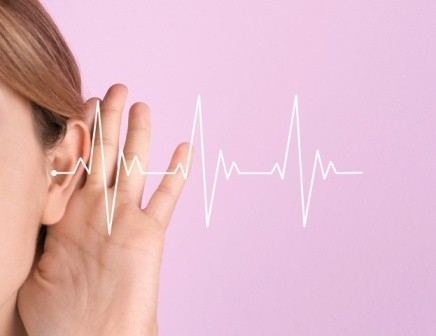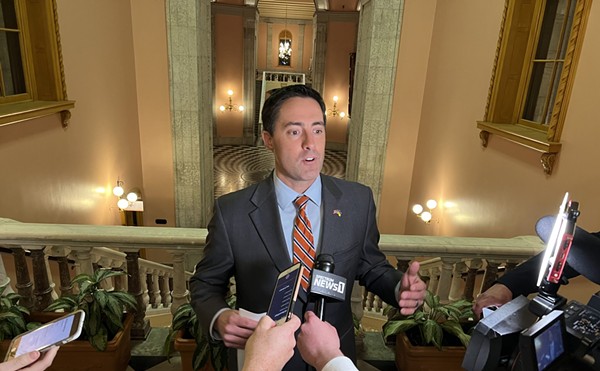Concerns Arise Over COVID's Impact on Hearing
By Mary Kuhlman, Ohio News Connection on Tue, Apr 6, 2021 at 8:14 am
[
{
"name": "Ad - NativeInline - Injected",
"component": "38482495",
"insertPoint": "3",
"requiredCountToDisplay": "5"
},{
"name": "Real 1 Player (r2) - Inline",
"component": "38482494",
"insertPoint": "2/3",
"requiredCountToDisplay": "9"
}
]
COLUMBUS, Ohio — From delayed treatment to possible links to impaired hearing, the COVID-19 pandemic has had an impact on a common problem affecting millions of people.
While COVID is most known for its impact on the lungs, reports have linked COVID infections to hearing loss.
About 48 million Americans have some level of hearing loss but, according to the Hearing Loss Association of America, people wait an average of seven years before getting treatment.
Dr. Oliver Adunka, professor in the Department of Otolaryngology at Ohio State University, explained at the onset of hearing loss, higher pitches typically are affected first.
"And we don't use these pitches for communication at an everyday level, so really the only way to detect that early is to get hearing tests," Adunka stated. "It's really kind of scary that this could creep up on you and 20 years later is when you notice it."
Some hearing specialists also reported a dramatic drop in the number of people seeking treatment for hearing loss last year at the height of the pandemic.
Although hearing tests performed by a licensed audiologist are more precise, a growing number of websites are helping fill the gap by doing preliminary hearing evaluations online.
Diane Nens, audiologist and senior clinical director of clinical engagement and strategic initiatives at UnitedHealthcare Hearing, pointed out anyone can get a free, online hearing test through UnitedHealthcare's website.
"If hearing loss is detected, we can schedule an in-person appointment with one of our hearing health professionals," Nens suggested. "They also can talk to their primary-care physician, some of whom are starting to offer hearing testing."
She added the site also has a "virtual care option," enabling people to more easily get treatment for hearing loss while minimizing the need for in-person appointments.
There are many causes of hearing loss, including disease and exposure to noise or music at excessive levels.
Dr. Adunka noted the use of headphones is also cause for concern.
"There's actually plenty of data suggesting up to 10% of 13- to 23-year-olds have irreversible hearing loss, and that's European data," Adunka confirmed.
Adunka noted teenagers and young adults in European countries ride mass transit more, and therefore tend to use headphones more often than their peers in the U.S.
Tags:
SCENE Supporters make it possible to tell the Cleveland stories you won’t find elsewhere.
Become a supporter today.
Scroll to read more Cleveland News articles
Newsletters
Join Cleveland Scene Newsletters
Subscribe now to get the latest news delivered right to your inbox.













